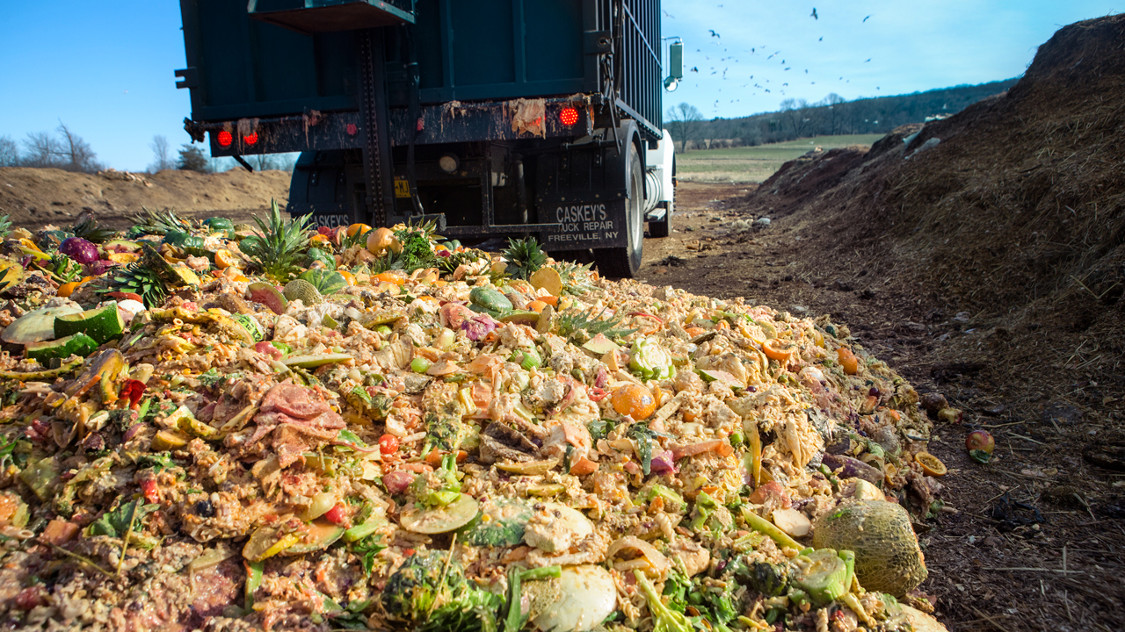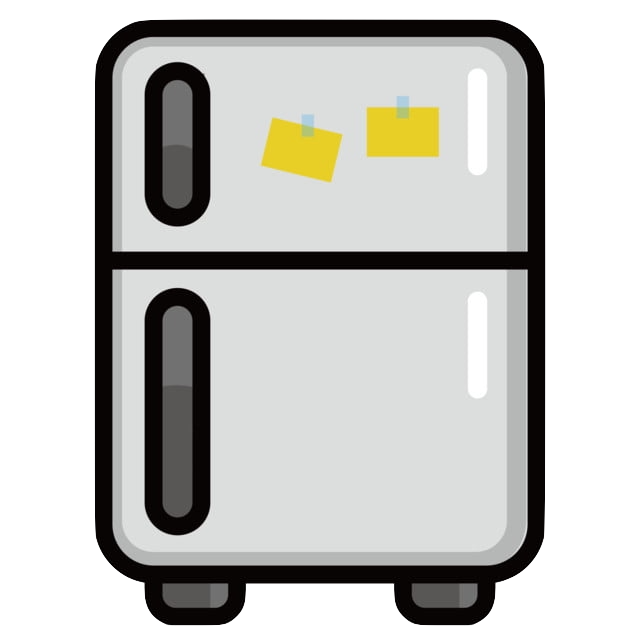Food Waste at Cornell University
In order to raise awareness and address the issue of food wasted, we propose to create a data-driven website that visualizes the amount of food wasted on campus, as well as show how much of the wasted food is being used for compost. Ultimately, we want to use the data to not only track food waste, but find ways to improve the food waste management system at Cornell.



